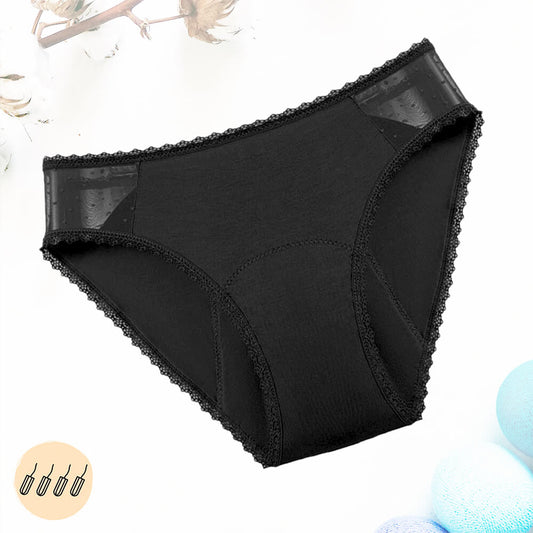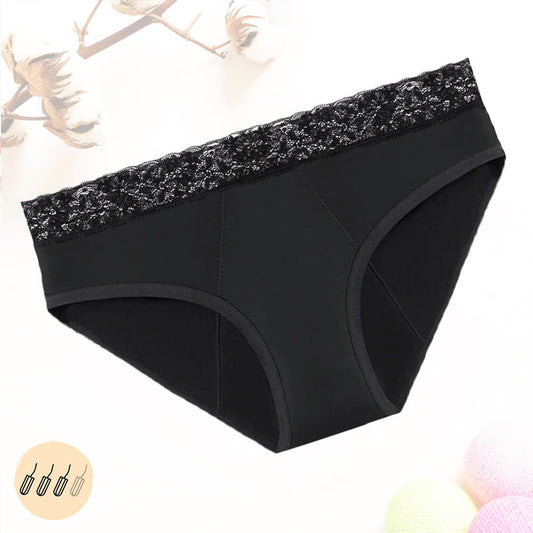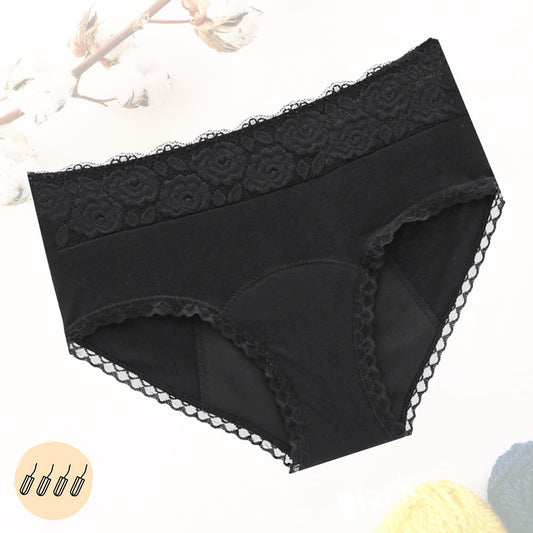
Hormonal acne is when rashes form in adulthood, which can range from blackheads and whiteheads to painful cysts. Hormonal acne is a form of acne that occurs when hormones are out of balance. It can be particularly difficult to treat because it is often associated with hormonal factors. Women are more likely to suffer from hormonal acne than men because their hormone levels are generally higher. Pregnant women and menstruating women are more likely to suffer from hormonal pimples.
What is hormonal acne in women?
Hormonal acne in women is a type of acne that is caused by hormonal imbalances. Hormones play an important role in regulating the production of sebum, an oily substance produced by the sebaceous glands.
Sebum is necessary to lubricate and protect the skin, but excessive production of this substance can clog the pores of the skin and promote the appearance of acne. Although traditionally unavoidable, hormonal acne can be treated to prevent hormonal pimples from forming.
Hormonal changes can be caused by puberty, pregnancy, stress, seasonal changes or the functioning of the ovaries. Hormonal acne in women is often more difficult to treat than non-hormonal acne and may require hormone treatments to control hormone levels. You're likely to have hormonal acne when you still notice pimples the week before your period or during ovulation.
The reasons for hormonal acne
Acne is a common skin disease, affecting both men and women. Hormonal acne is a form of acne related to hormonal fluctuations. It usually manifests during adolescence, but can also develop at other times in life, especially during pregnancy or menopause. The causes of hormonal acne in women are multiple and complex.

In most cases, hormonal acne is caused by an overproduction of sebum. Sebum is a natural substance produced by the sebaceous glands, which are found in the skin. Its role is to protect the skin by maintaining its hydration. However, when the sebaceous glands produce too much sebum, it can lead to clogged skin pores. Dead skin cells can then accumulate in the pores and form blackheads or pimples.
A clogged pore is the result of:
-
Too much sebum
-
dead skin cells
-
Bacteria
The causes of hormonal acne
Hormonal fluctuations are another frequently cited cause of hormonal acne in women. The hormones that cause this type of acne are linked to fluctuations in estrogen and progesterone levels, which vary widely during the menstrual cycle.
-
The puberty
Puberty is a particularly good time for the development of acne, because this is when the levels of sex hormones (testosterone, progesterone, estrogen) begin to rise. In some women, these hormonal changes can cause an overproduction of sebum and therefore promote the appearance of pimples and blackheads.
-
The pregnancy
Pregnancy is also a period that can cause significant hormonal changes in women. Indeed, during pregnancy, the levels of estrogen and progesterone increase considerably. These hormones can help increase sebum production and thus favor the appearance of pimples and blackheads. It can also be a early sign of pregnancy before period.
-
Menopause
Menopause is also a pivotal period during which sex hormones (estrogen and progesterone) experience significant changes. In some women, these hormonal changes can cause a decrease in the number of hair follicles (the small structures that produce hair). This decrease in the number of hair follicles can lead to a decrease in sebum production and facilitate the appearance of hormonal acne in women.
How to recognize hormonal acne?
Whiteheads, blackheads, papules, pustules, cysts and nodules are all common symptoms of hormonal acne. Normally, whiteheads and blackheads do not cause pain, inflammation or swelling, but if they do, they are most likely to develop into cysts or pustules.

Hormonal acne can occur on any part of the body, but the areas affected vary depending on your age and health. Teenage girls tend to get hormonal pimples on the T-zone (forehead, nose, and chin).
Adults in their XNUMXs or older get rashes, mostly on the lower face, such as the jawline, chin, and cheeks. However, hormonal acne can also affect the neck, back, shoulders and chest.
Hormonal pimples can then be accompanied by redness, itching and pain. Premenstrual acne is also one of the symptoms of premenstrual syndrome.
Acne can take the form of:
- Wheals: Small, bulging red pimples from inflammation or infection of the hair follicles.
- Pustules: Small red pimples filled with pus
- Nodules: Pimples similar to papules but of a larger diameter, they are also dense and painful and are located deep in the skin.
- Cysts: These are large lumps under the skin that contain pus to the point of being painful and tender.
How to treat acne and hormonal pimples?
Hormonal pimples are common among teenage girls and women of childbearing age. Hormonal acne is often more difficult to treat than non-hormonal acne and can have a negative impact on a woman's quality of life. Fortunately, there are effective treatments to combat it.

The treatment of acne and hormonal pimples must be adapted according to the severity of the disease. For mild to moderate cases, specific cosmetic products can be used. Creams and gels containing benzoyl peroxide or retinoids are frequently prescribed to eliminate pimples and blackheads.
Retinoids are vitamin A derivatives that work by exfoliating the skin and reducing sebum production. Creams and gels based on benzoyl peroxide have an antibacterial effect and help eliminate pimples.
For more severe cases of hormonal acne, oral medications may be needed. Antibiotics such as erythromycin or doxycycline are frequently prescribed to treat acne by acting on the bacteria responsible for the inflammation. Antiandrogen drugs like spironolactone or cyproterone acetate are also effective in reducing pimples and blackheads by inhibiting sebum production.
In some cases, a combination of several treatments is necessary to obtain satisfactory results. If you suffer from hormonal pimples, it is important to consult a dermatologist so that he can prescribe the most suitable treatment for your situation.
Solutions to prevent hormonal acne
Acne is most often linked to age-related hormonal changes. Fortunately, there are ways to prevent or reduce hormonal acne symptoms.

- The first step to preventing hormonal acne is to maintain a healthy lifestyle. This means eating a balanced diet rich in fruits and vegetables, especially those rich in antioxidants. You should also limit your intake of caffeine, sugar, and alcohol, as these substances can make acne breakouts worse. Also, it is important to stay hydrated by drinking at least one liter of water a day.
- Second, be sure to take care of your skin by gently washing it with a gentle cleanser and applying moisturizer daily. Avoid irritating or harsh cosmetics, as they can make acne worse. You should also use a gentle exfoliator once or twice a week to slough off dead skin cells and reduce inflammation.
- In addition, it is essential to manage your stress. Stress can lead to high hormone levels, which can trigger or worsen acne. If you're constantly stressed, try relaxing activities like sports, yoga, or meditation. You can also try stress management techniques like deep breathing or muscle relaxation.
- Finally, some medications can cause hormonal changes and disrupt the body's natural hormonal balance by increasing androgen levels, one of the hormones responsible for acne.
In this case, ask your doctor about the possibility of stopping it or replacing it with something less aggressive.
Conclusion
If you're struggling with hormonal acne, you're not alone. Many people of all ages and genders struggle with this particularly upsetting skin condition. Although there is no magic solution, there are a number of treatments that can help. Contact a dermatologist to find the approach that's right for you.




